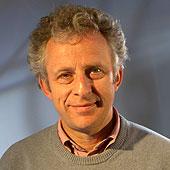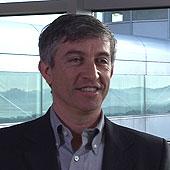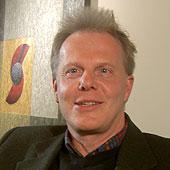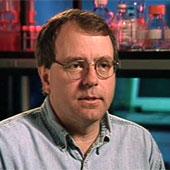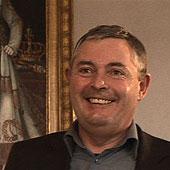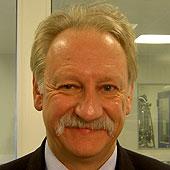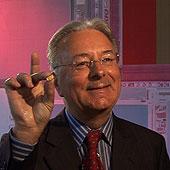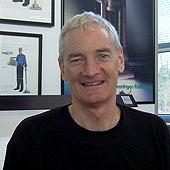By the time he appeared on the scene, everything – in a sense – was already too late. In 1970, Intel's developers had fallen behind in the microchip stakes, and catching up seemed almost impossible. One colleague claimed that the development of a microprocessor had been completed, and disappeared on a business trip, although in fact nothing was finished. A Japanese client, seeing that the chip would not work in his pocket calculators, became furious and, abandoning Japanese decorum, noisily accused his business partner of incompetence. That was the starting signal for Federico Faggin, who had only just joined the company. Working 12 to 16 hours a day, he struggled heroically to carry out his mission. He had invented the metal-on-silicon microprocessor some years before when working for Fairchild Semiconductors. But no one had yet managed to fit an entire CPU on a single chip.

